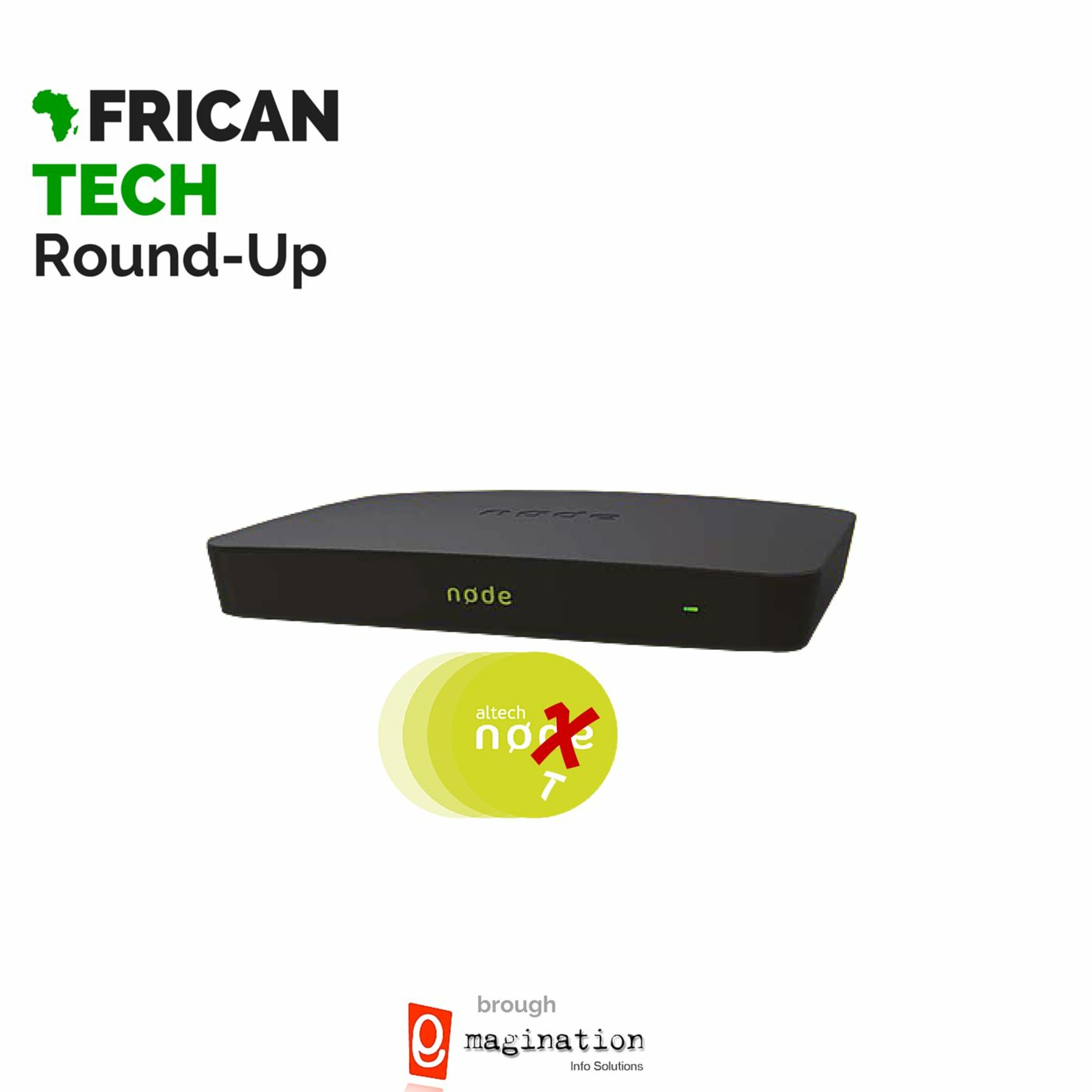- Technology
- SEE MORE
- classical
- general
- talk
- News
- Family
- Bürgerfunk
- pop
- Islam
- soul
- jazz
- Comedy
- humor
- wissenschaft
- opera
- baroque
- gesellschaft
- theater
- Local
- alternative
- electro
- rock
- rap
- lifestyle
- Music
- como
- RNE
- ballads
- greek
- Buddhism
- deportes
- christian
- piano
- djs
- Dance
- dutch
- flamenco
- social
- hope
- christian rock
- academia
- afrique
- Business
- musique
- ελληνική-μουσική
- religion
- World radio
- Zarzuela
- travel
- World
- NFL
- media
- Art
- public
- Sports
- Gospel
- st.
- baptist
- Leisure
- Kids & Family
- musical
- club
- Culture
- Health & Fitness
- True Crime
- Fiction
- children
- Society & Culture
- TV & Film
- gold
- kunst
- música
- gay
- Natural
- a
- francais
- bach
- economics
- kultur
- evangelical
- tech
- Opinion
- Government
- gaming
- College
- technik
- History
- Jesus
- Health
- movies
- radio
- services
- Church
- podcast
- Education
- international
- Transportation
- Other
- kids
- podcasts
- philadelphia
- Noticias
- love
- sport
- Salud
- film
- and
- 4chan
- Disco
- Stories
- fashion
- Arts
- interviews
- hardstyle
- entertainment
- humour
- medieval
- literature
- alma
- Cultura
- video
- TV
- Science
- en
How To Build Products For Africa And Avoid Failing Like The Altech Node

b'Citing \\u201cincreased competition\\u201d and \\u201cunfavourable market conditions\\u201d Altron is puling the plug on the Altech Node console and will discontinue its video-on-demand offering come the end of October 2015. \\n\\nThe news comes in the wake of Naspers\\u2019 recent launch of the Netflix-clone, ShowMax, which the tech giant is clearly not sparing any expense in promoting. (By the way, you may as well take advantage of ShowMax\\u2019s free seven-day trial offer to check out what all the fuss is about.)\\n\\nThe Node\\u2019s spectacular failure to appeal to consumers has led Tefo Mohapi and Andile Masuku to ponder the question, \\u201cWhat is the best way to build new tech products for Africa?\\u201d Perhaps there are lessons that big tech and startups on the continent would do well to learn from Altron\\u2019s costly misfire regarding how to effectively build and roll-out relevant and commercially successful products and services.\\n\\nAlso in this week\\u2019s African Tech Round-up, all the week\\u2019s most important digital, tech and innovation news:\\n\\n-- Visa has choses to test ground-breaking biometrics technology, for use at ATM\\u2019s, in South Africa,\\n-- Apple is preparing to shut down the transit app, Hopstop\\u2014 which it bought from its Nigerian founder, Chinedu Echeruo for $1 billion in 2013,\\n-- WeChat and Nigerian online tech publication, Tech Cabal are set to host conferences in Nigeria, aimed at empowering developers to make use of WeChat\\u2019s API, and\\n-- Mobile phone manufacturer, Mi-Fone, accuses its Chinese rival, Xiaomi, of intentionally using similar sounding names for mobile devices they have recently launched in Africa. \\n\\nAdditional Music Credits:\\nMusic by Kevin MacLeod (incompetech.com)\\nMusic licensed under Creative Commons: By Attribution 3.0'